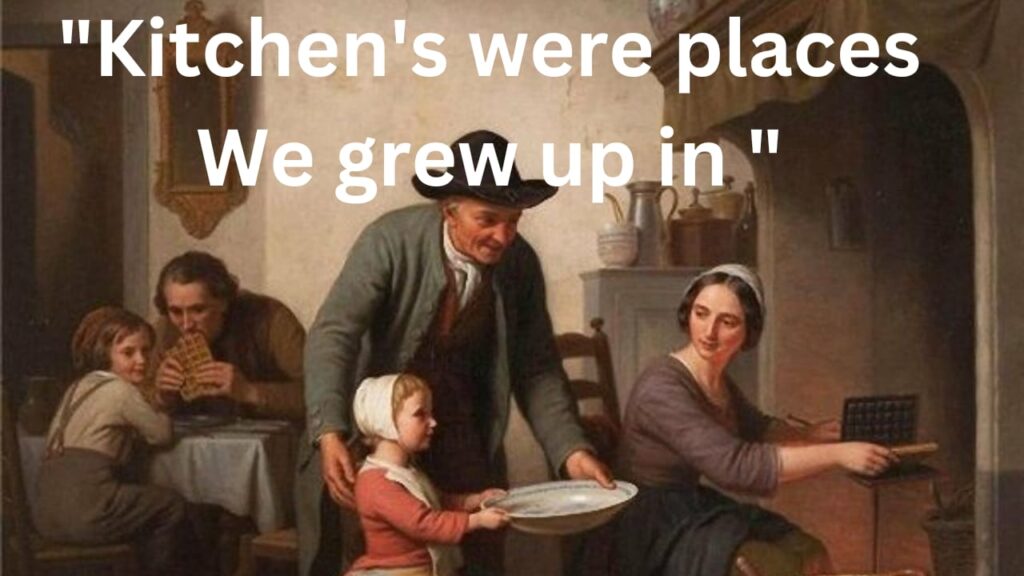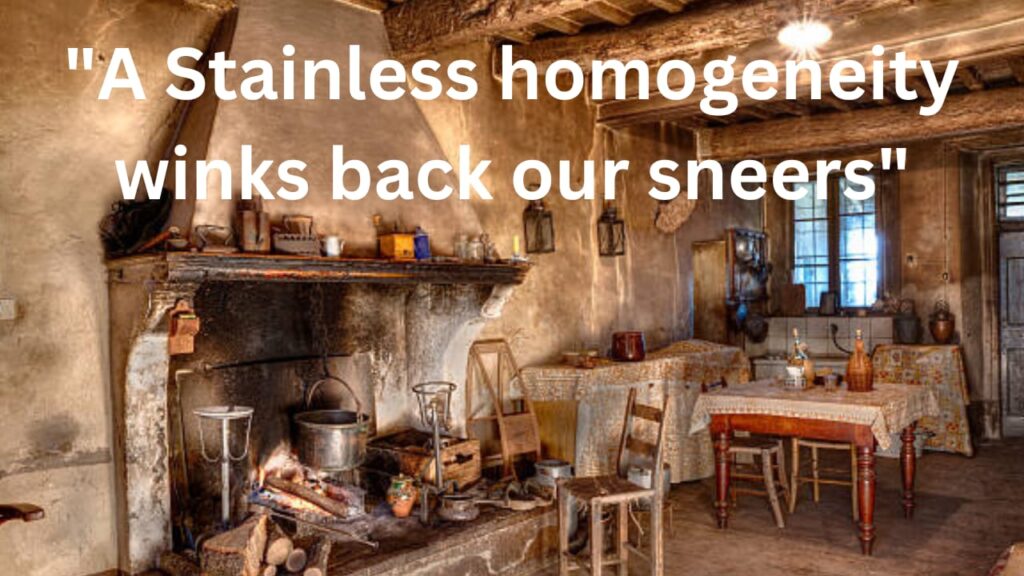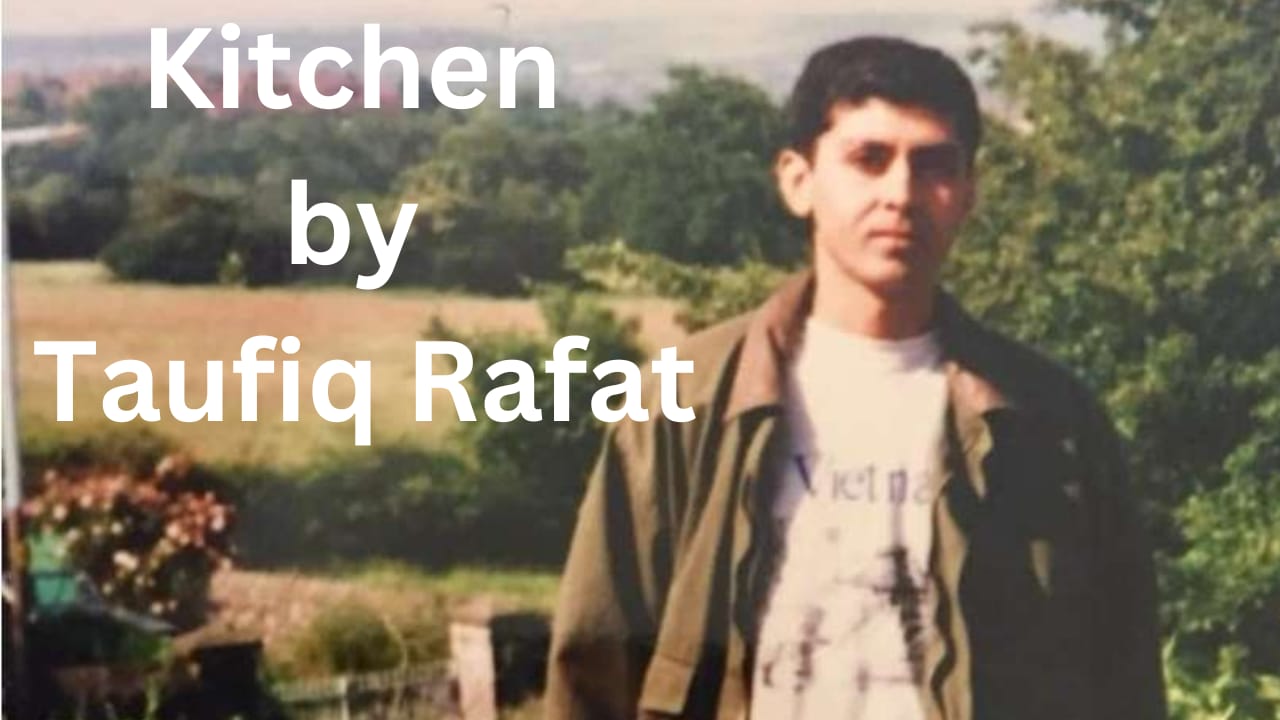Biography of Taufiq Rafat
Taufiq Rafat was a Pakistani poet, writer, and translator, known for his contributions to Urdu literature. Born on May 22, 1927, in Simla, British India (now in India), Rafat grew up in the multicultural environment of pre-partition India. After the partition of India in 1947, his family migrated to Pakistan, where he eventually settled.
Rafat’s literary career began in the 1950s when he started writing poetry, short stories, and essays. He was part of the modernist movement in Urdu literature, which aimed to break away from traditional styles and explore new forms of expression. His work often reflected themes of identity, displacement, and the human condition.
Major works
Taufiq Rafat was a prolific writer and poet, contributing significantly to Urdu literature. Some of his major works include:
- “Darya” (The River) – Collection of short stories.
- “Ghazal-i-Gulzar” – Collection of Urdu poetry.
- “Safar Mein Dhoop To Hogi” – Collection of poetry.
- Translations of literary works from English and other languages into Urdu.
Summary of The Kitchens
Taufiq Rafat’s “The Kitchens” paints a contrasting picture of two kitchens, reflecting a shift from a traditional way of life to a modern one. The poem starts with a warm, spacious kitchen in a rural setting, perhaps a place for storytelling and family meals. This is juxtaposed with a cramped, sterile kitchen in a modern, urban environment.

The focus shifts from shared experiences and connection in the traditional kitchen to the cold functionality of the modern one. This suggests a potential loss of cultural heritage and family bonds. The poem might be critiquing the fast pace of modern life that leaves no room for leisurely meals or conversations. Overall, “The Kitchens” explores the tension between modernization and tradition, highlighting the importance of shared spaces and the value we might lose in a fast-paced world.
Themes in The Kitchens
In “Kitchens,” Taufiq Rafat laments the loss of cultural identity and traditional warmth in Pakistan, symbolized by the cold, sterile transformation of kitchens. He critiques a fascination with Western styles. Here are some of the key themes explored in Taufiq Rafat’s “The Kitchens”:
Loss of Tradition:
The poem highlights this with the shift from a warm and inviting space to a sterile and functional one.
“Chairs have obliterated the sense of intimacy”
This line highlights a shift from a traditional kitchen where people sat on the floor together, fostering closeness and connection, to a modern kitchen with chairs that create a physical and potentially emotional barrier. This shift reflects a potential disconnection from cultural roots and the close-knit bonds fostered in the traditional setting.
Modernization vs. Connection:
Rafat further explores this tension. The poem critiques how modernization can lead to isolation.
“The young ones grew to maturity listening to the experiences of their elders and siblings”
This line describes the traditional kitchen as a place of shared experiences and intergenerational connection. It contrasts with the isolating nature of the modern kitchen, suggesting a potential breakdown in communication and shared traditions.
Fast-Paced Modern Life:
“The Kitchens” might also be hinting at a critique of this. The traditional kitchen seems to represent a slower pace where meals are leisurely and conversations flow freely, unlike the hurried nature of modern life where there’s no time for such connection.
“The clatter of plates interrupting no stories now”
This line paints a picture of a hurried meal in the modern kitchen. The clatter of plates suggests a rushed atmosphere, where the focus is on quickly finishing the meal rather than taking the time to connect and share stories. This stands in contrast to the traditional kitchen, where meals might have been a slower and more social experience.
Nostalgia for a Simpler Past:
Finally, there’s a sense of this reflected in the depiction of the traditional kitchen. The poem might be suggesting a longing for a time when the kitchen held a more central role in our lives.
“The floor on slats, where once we sat”
This simple line evokes a sense of warmth and togetherness associated with the traditional kitchen. The image of sitting on the floor together suggests a more communal and intimate atmosphere, potentially lost in the modern kitchen with its separate chairs. It hints at a longing for a time when the kitchen was a central gathering point for families and a place for shared experiences.

Literary devices in The Kitchens
Rafat employs a toolbox of literary devices in “The Kitchens.” Vivid imagery paints contrasting pictures of traditional and modern kitchens. Juxtaposition directly compares these spaces, highlighting the shift in the atmosphere. Here are some important literary devices.
- Imagery: The poem uses vivid descriptions to bring the kitchens to life. Words like “floor on slats” and “plastered walls” for the traditional kitchen evoke warmth and community, while “chromium and Formica” and “chairs” in the modern kitchen create a sense of coldness and isolation.
- Symbolism: The two kitchens themselves are symbolic. The traditional kitchen represents a simpler past, strong family bonds, and cultural heritage. Conversely, the modern kitchen symbolizes the fast pace of modern life, a potential disconnect from traditions, and prioritizing function over connection. By using the kitchens as symbols, the poem layers meaning beyond their physical descriptions.
- Juxtaposition: The poem directly places the two types of kitchens side-by-side, highlighting the differences between the warmth and liveliness of the traditional kitchen and the sterile, impersonal feel of the modern one.
- Figurative Language: While the poem isn’t heavy on metaphors or similes, there’s an instance where Rafat uses a strong verb – “obliterated” – in the line “chairs have obliterated the sense of intimacy.” This emphasizes the impact of modern furniture on the traditional warmth and closeness experienced in the kitchen.
Conclusion
In conclusion, Taufiq Rafat’s “The Kitchens” isn’t just a poem about two kitchens; it’s a commentary on societal change. Through the use of contrast, vivid imagery, symbolism, careful diction, and even a touch of figurative language, the poem explores themes like the loss of tradition, the impact of modernization on family bonds, and the value of shared spaces. By analyzing these literary devices, we gain a deeper understanding of the poem’s message – a message that encourages us to reflect on the potential consequences of progress and the importance of preserving certain aspects of our past.
